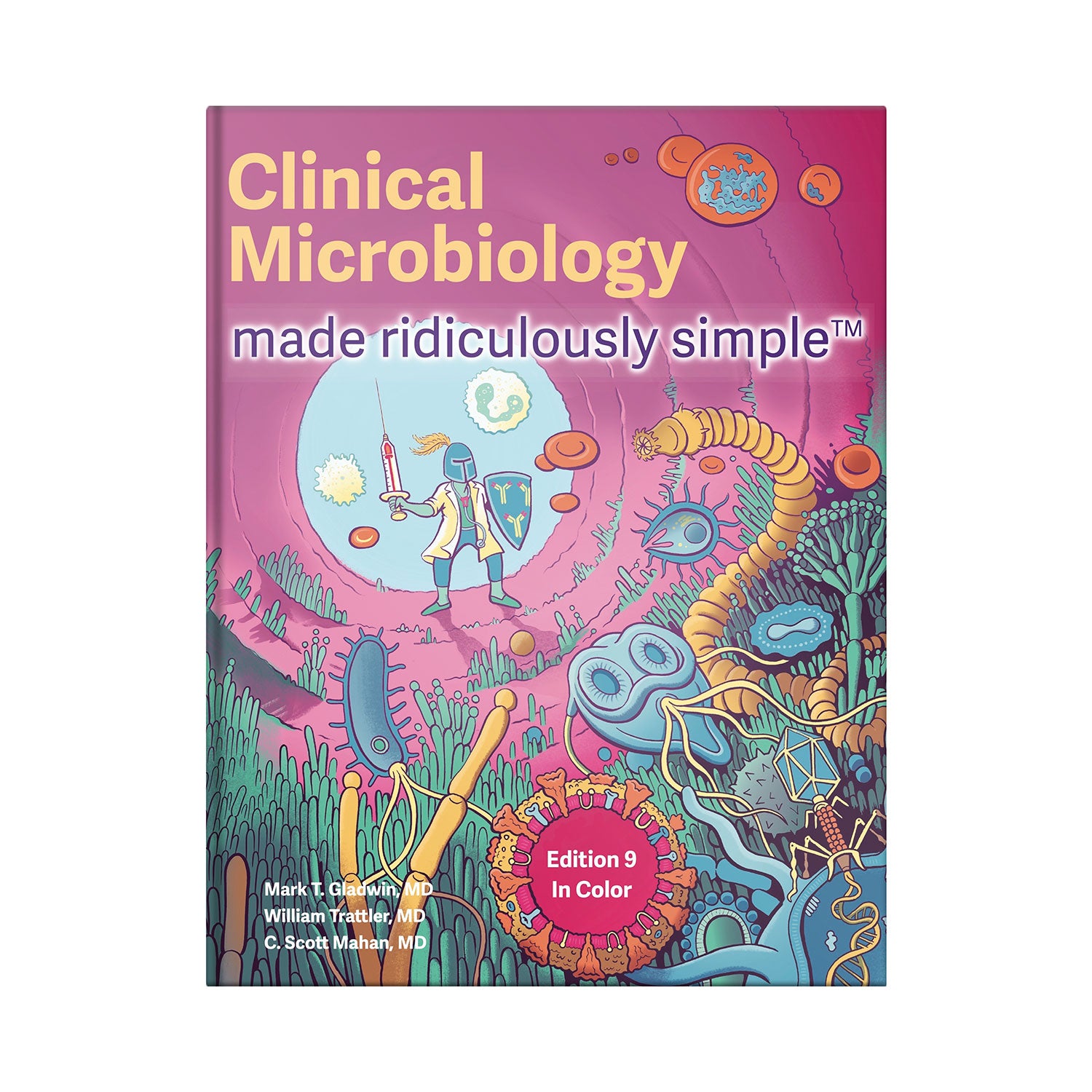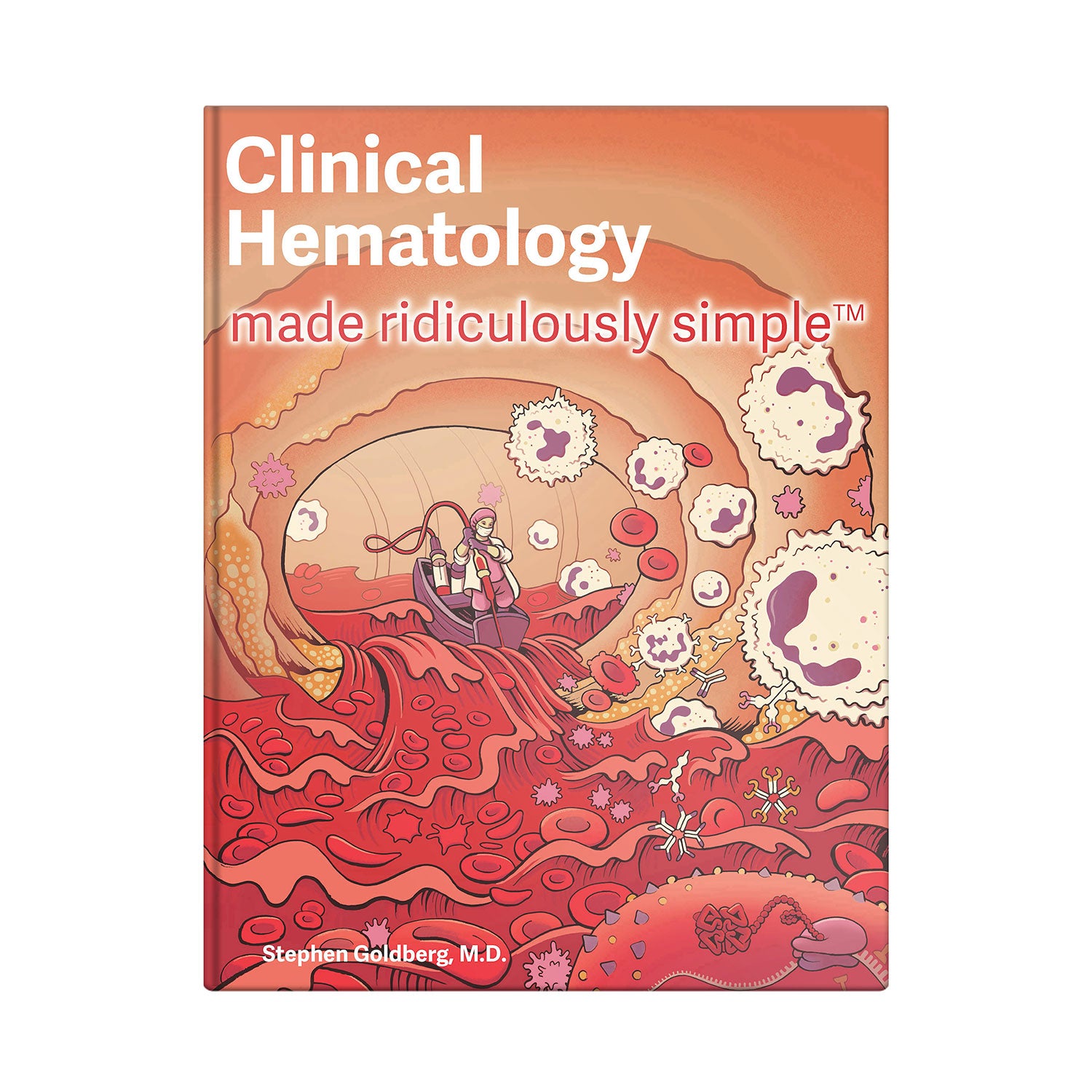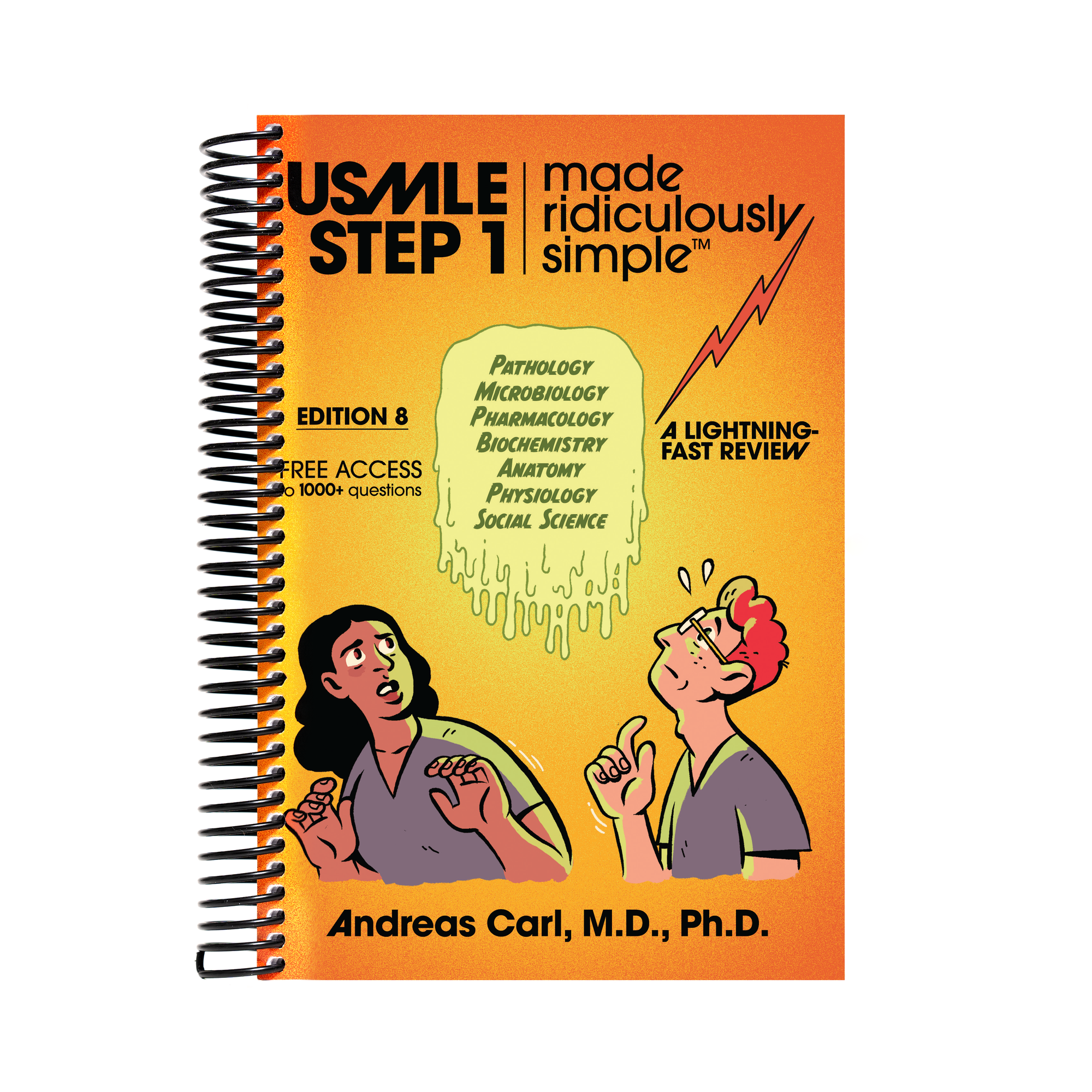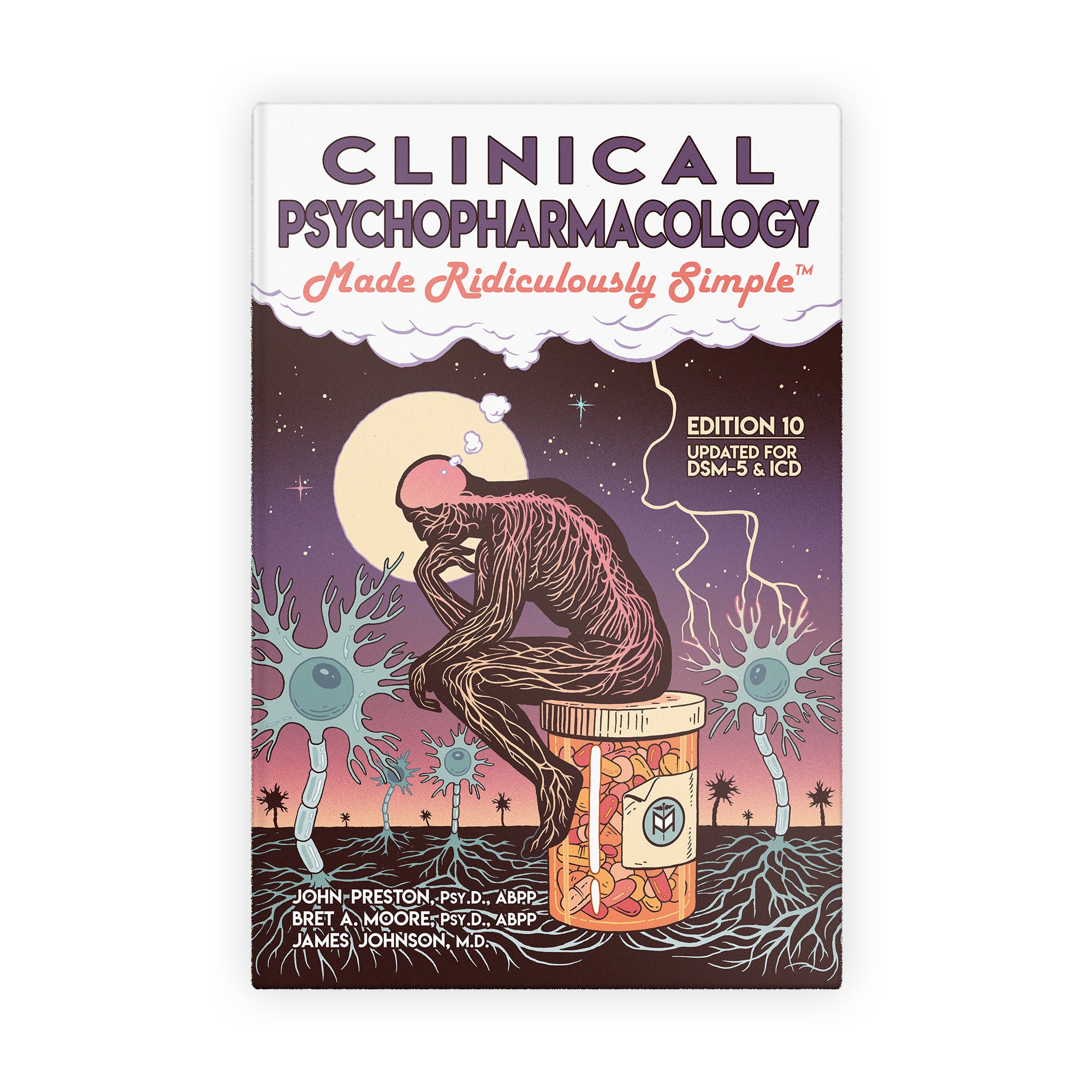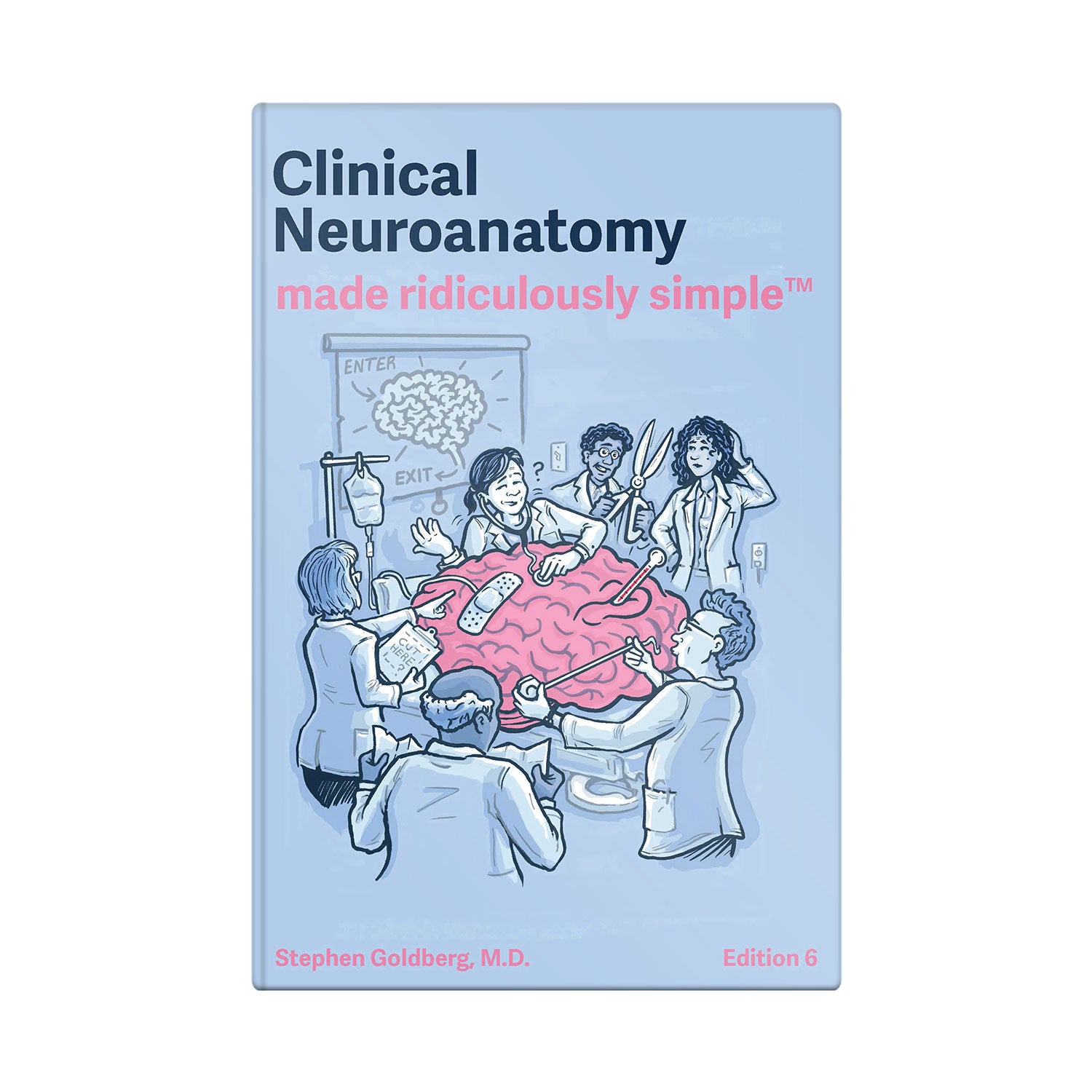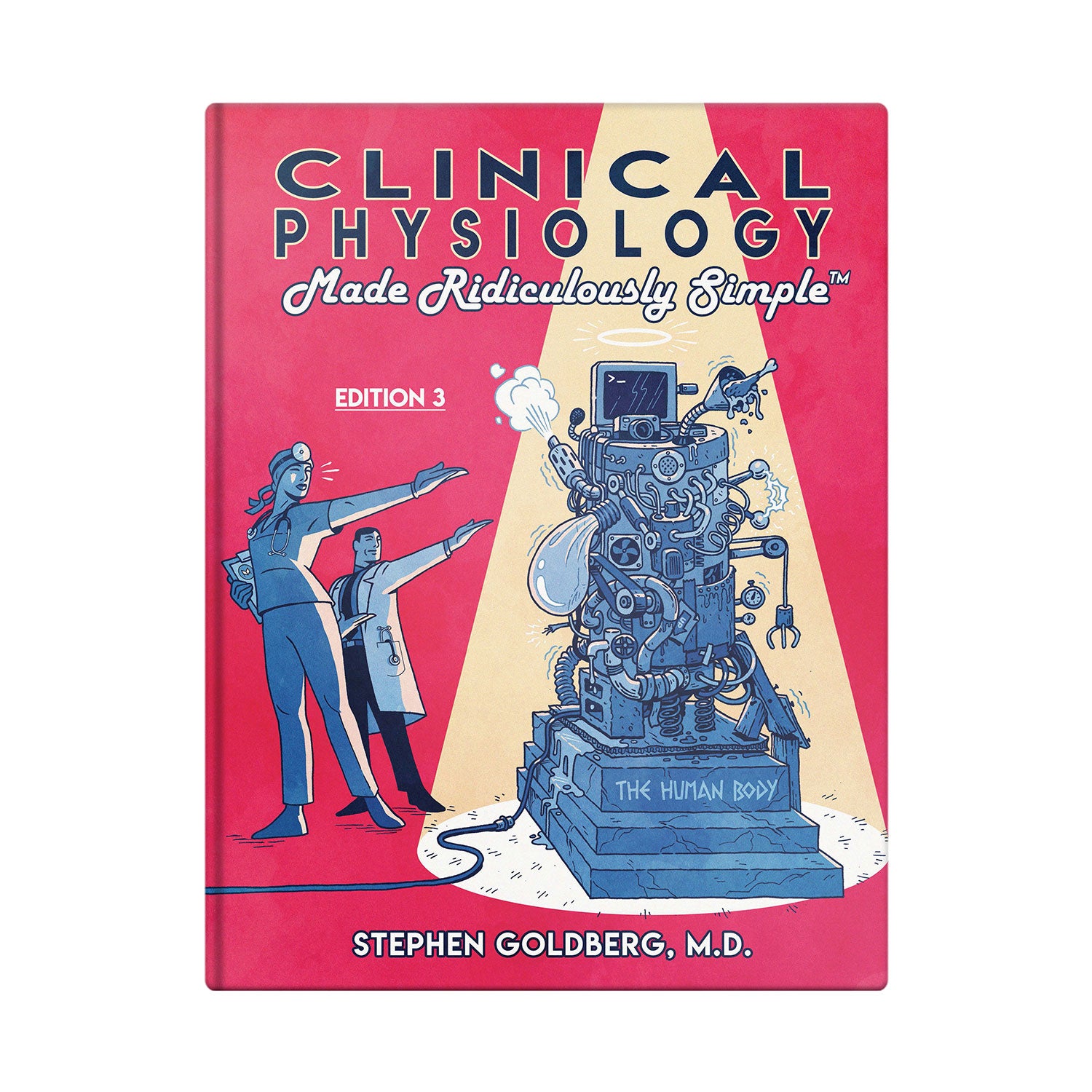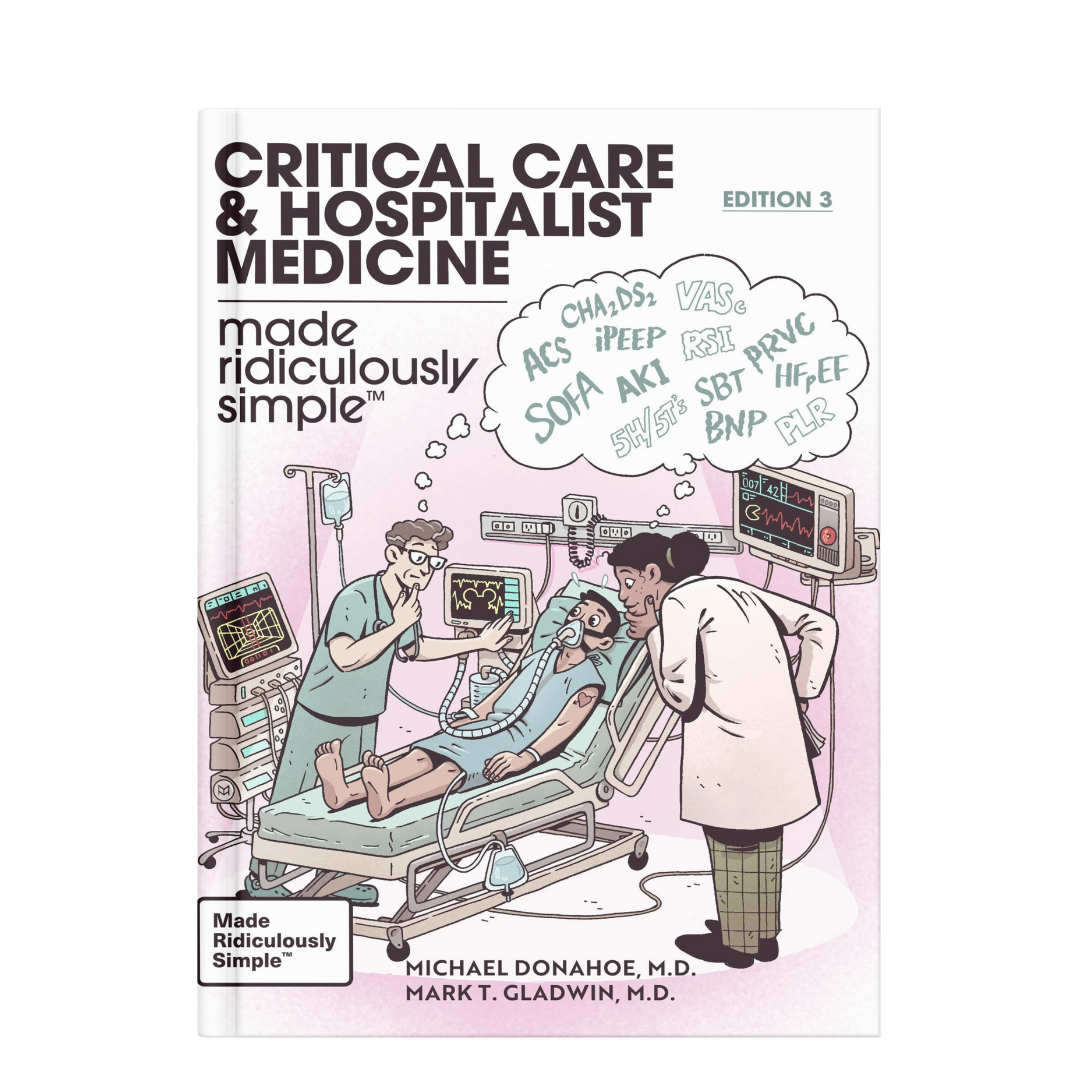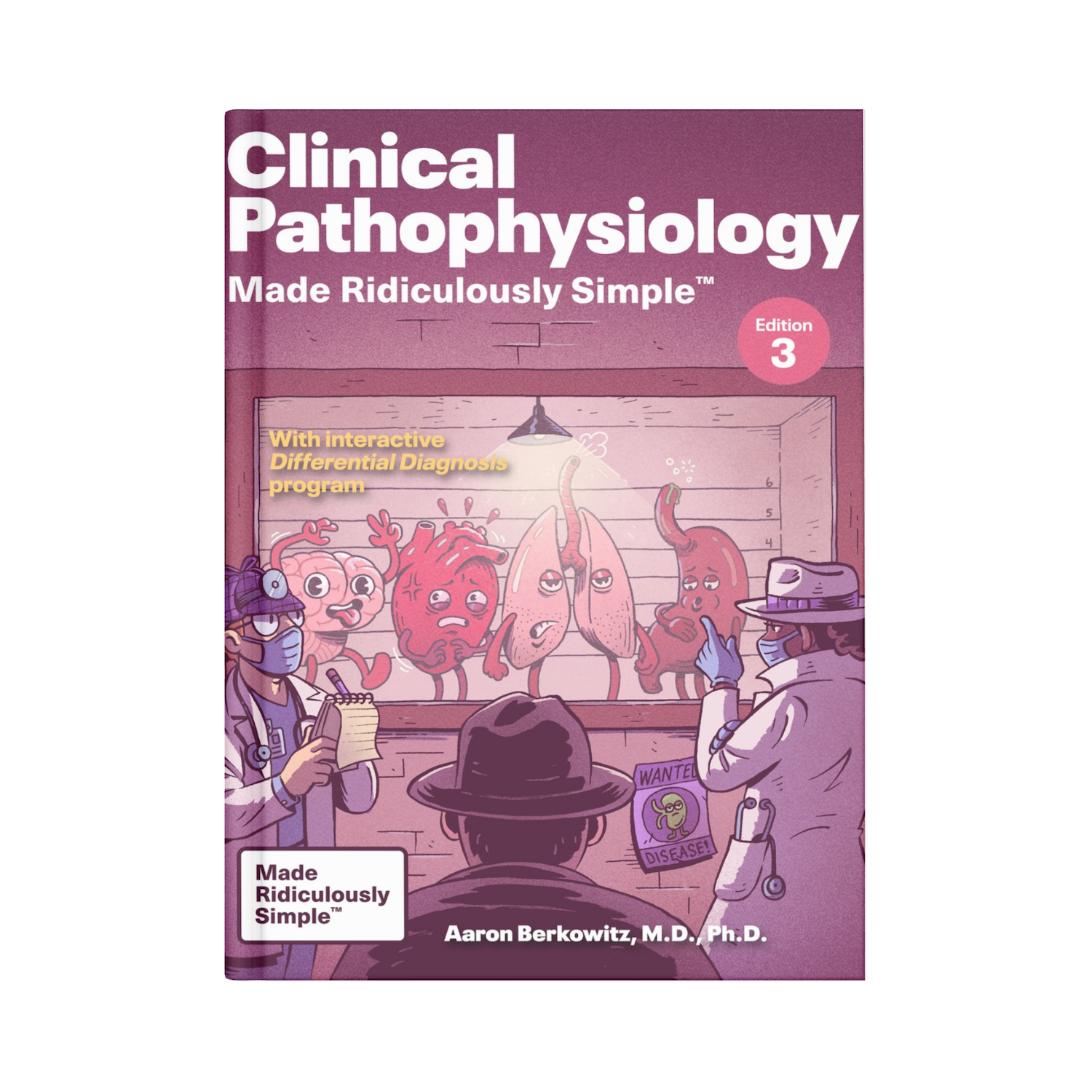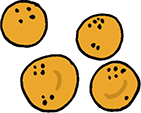
Is Memorizing Passé?
"There is too much to know and not enough time to learn it."
"There is too much to know and not enough time to learn it."
This is one of leading causes of stress in medical students. One study indicated that if a first year medical student actually read everything that was assigned, the student would need to read more than 24 hours per day.
Medical school requires you to learn a large, new vocabulary and rote facts. We may ask why we must memorize so much when we can quickly search the Internet and elsewhere for what we want. Computers excel at storing and retrieving isolated facts, but people are poor at this, so why not just rely on computers and Internet searches for our facts, rather than memorizing them?
Computers are poor at understanding, but people excel at this. Why not focus on what we do best, namely understanding concepts and using common sense? Understanding is key. We need to apply understanding, not just a cookbook approach, to the patient. Patients differ; no two cases are identical. We need to use our understanding and good judgement. Hence the saying, "Medicine is both an art and a science."
While understanding is very important, we do need to have in memory certain basic facts as a starting point for understanding. In addition to studying for exams, we cannot approach clinical cases devoid of basic facts, and it would take too long to look up every fact from scratch. It helps to remember what we can, but bear in mind that there are sources where we can look up facts when needed.
While we can't remember every important fact, we need to know where to look them up. Three kinds of books are useful to medical students:
- Reference texts contain many facts, but understanding often gets lost in the forest through the trees.
- Board review books focus on facts that might be tested on the Boards, but these books, too, often do not impart understanding.
- There are small conceptual books that provide understanding in addition to key information that might be on exams and practical later in life. Once one gains understanding, it becomes easier to learn new relevant facts, since they fit in, like pieces of a jigsaw puzzle fit into the overall picture.
Apart from books, Internet searches can find a wealth of information, but you have to know how to search effectively. General search engines, such as Google, not only find useful clinical information, but information that may be questionable or border on quackery or bias. It helps to know that there are other search engines that are more geared to the professional medical audience. These can be found on MedMaster's search engine page or as a free download of the MedMaster MedSearcher program. It is also important to know how to phrase the words in a search.
Certain memory techniques can help to quickly learn and remember facts and concepts and can help deal efficiently with the lack of study time. These methods will be explored in posts to follow, with particular consideration of the medical subjects where they may be best applied.
The Goldberg Files
The Goldberg Files is based on the struggles of Dr. Goldberg as well as those of his many students which he observed while teaching medical school for 25 years. This extensive blog is dedicated to assisting students in dealing with the stresses of medical education. Want to learn more?

